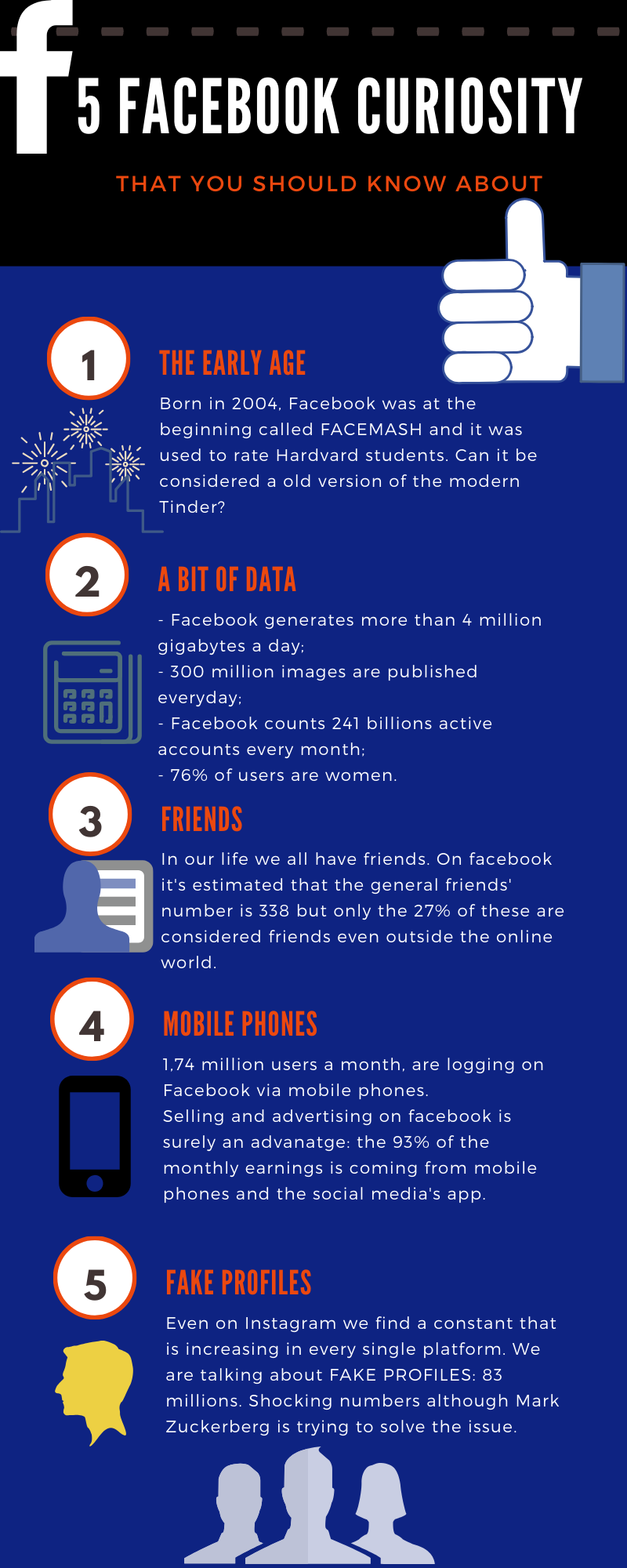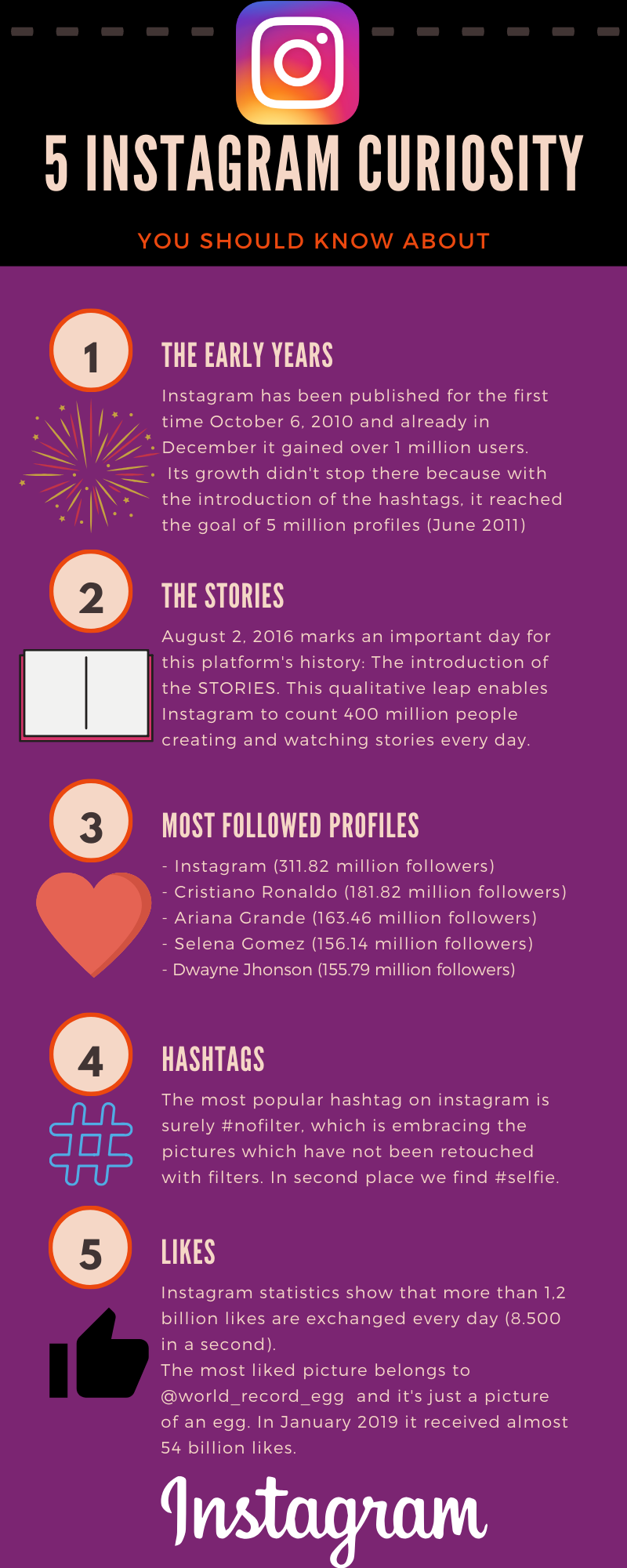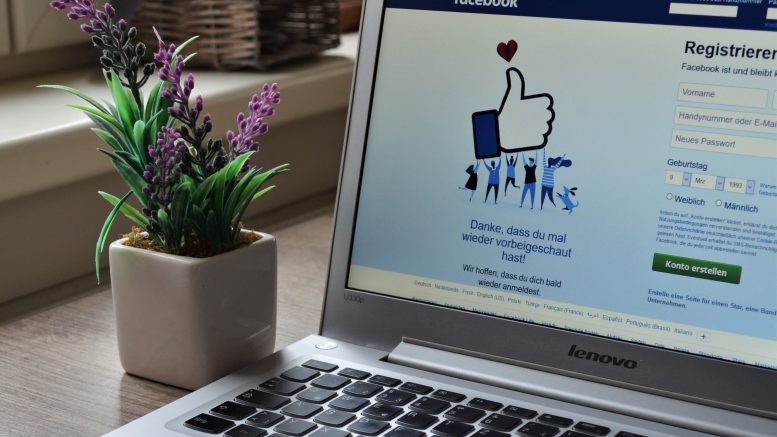Millennials are contributing to Facebook’s decline and choosing other platforms, statistics show.
By Benedetta Giorgianni
Living and growing up in the modern era allows us to be surrounded by every single possible way of interacting and reaching others, even if far away from us. Not only technologies but also platforms are contributing to this, so that people can write and receive messages in only a few seconds and not days or weeks as it used to be.
Facebook indeed played and is playing a fundamental role in connecting users since the beginning of time. Started in 2004 by Mark Zuckerberg, the blue social media was only being used to rate the most charming Harvard students. With its initial usage, the design and the functions started to change and with that, an endless spread started to happen in the world.
While at first the age and gender range were very extended and varied, we have noticed a very impressive decrease of millennials users as shown by Edison Research in its survey “Is Facebook social media’s retirement home?” conducted between the American population:
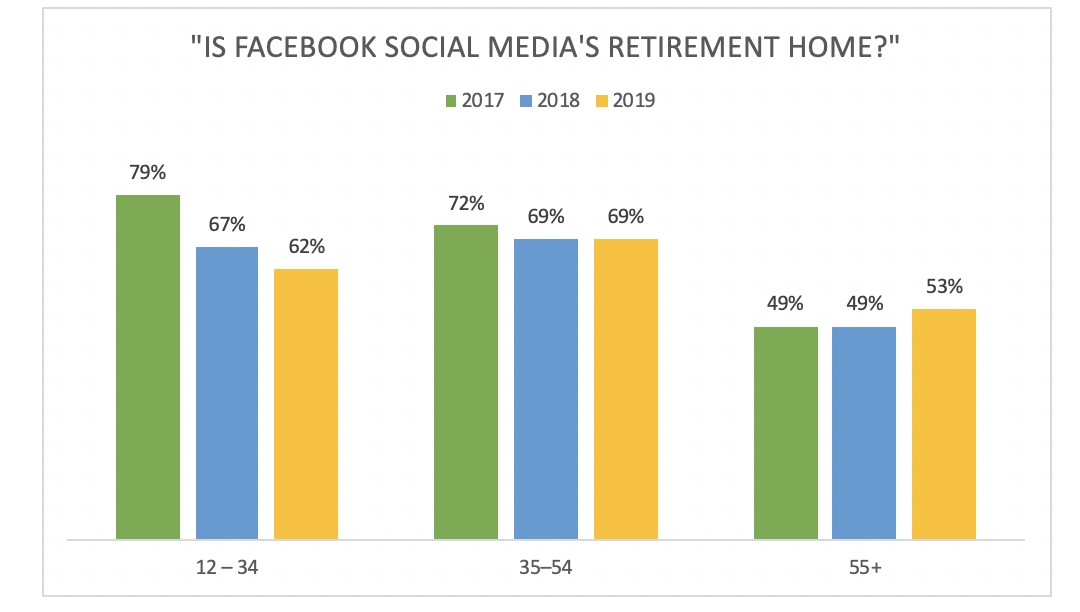
As we can see, the percentage of millennials in 2017 is higher than all the other age range columns but in 2019 it is drastically decreasing, becoming almost the same as the over 55-year olds.
The answers we got from the residents in well-known student accommodation in London isn’t surprising. We asked students aged 18-26 if they have a Facebook profile and if they’re still using it. Mark, 22 from Manchester seemed surprised by the chart we showed him. He said: “Wow, I didn’t realize it was that bad. I still have a profile, yes, but I’m not using it anymore, I just log in sometimes if I have to check funny videos or the pictures published by the club where I have been last week. Nothing so special I’m afraid, I feel like Facebook is now something my mum is using.”
We got similar answers from four other students, all with different nationalities.
The last girl we interviewed is Chiara, 26, from Italy. She gave us the inspiration for the last part of this piece. She said: “I’m sorry, I don’t use Facebook anymore! Actually I think I deleted my account or anyways I must have forgotten my password. It’s just that today my peers all have an Instagram account.”
When we asked why she thinks this is, she continues: “It’s just more entertaining and new. I feel like it’s way more artistic and you have way more tools to be yourself and share your passions.”
In October 2019 Statista extrapolated the data about the “Profiles of Instagram Users”:
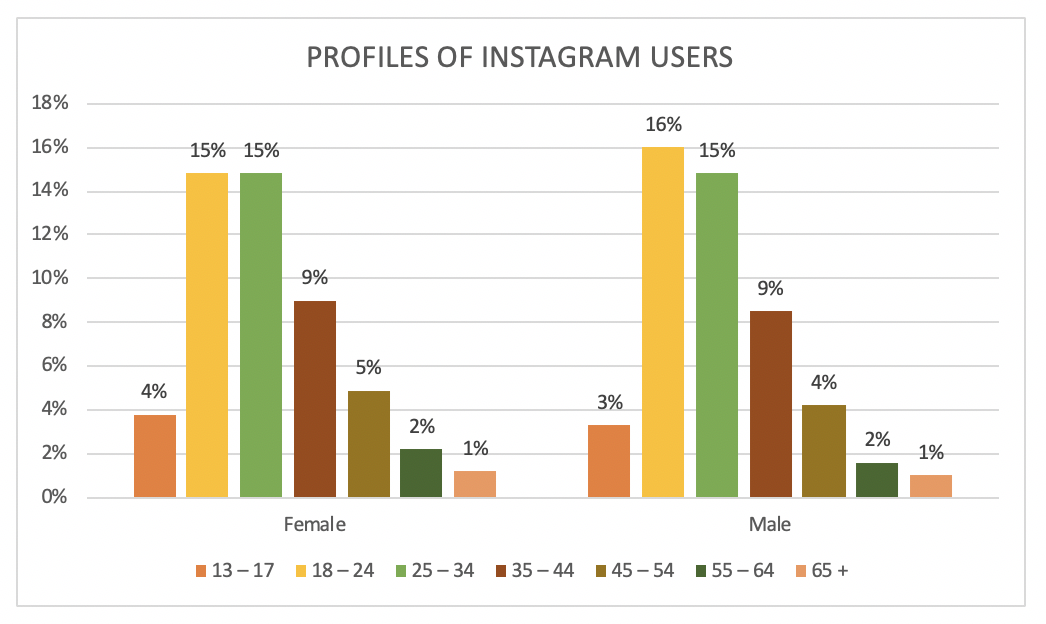
As we can see in this chart, 18 – 24 and 25 – 34 are the age ranges that are standing out among all the other groups. Both female and male present the same percentages and compared to Facebook it is indeed formed by younger users, also because the profiles over 35 are almost nonexistent compared to the millennial generation.
What we can say is that even if Facebook developed different ways to make this platform more engaging (such as the stories or the memories), it can be defined as a social media that now belongs to the past or – to put it better – to an older generation.
